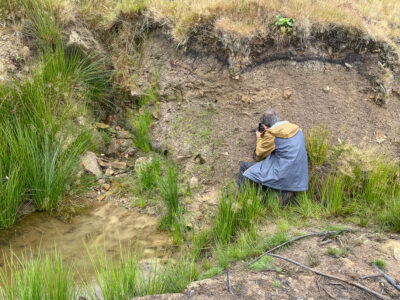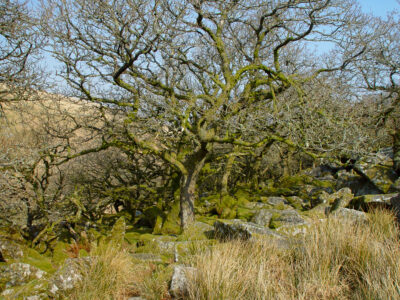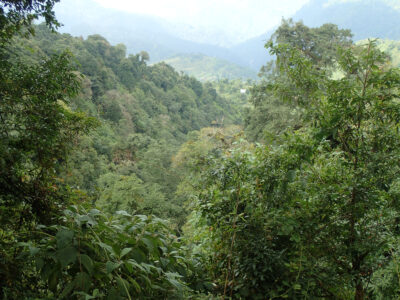
The Photo competition is now closed for entries, but please check back to vote (available from 2nd July).
View more
Globally rare temperate rainforest is one of Britain and Ireland’s most important habitats. Also known as Atlantic woodland, it is home to very special and often rare species of bryophyte and lichen. Rainforest in south-west England tends to be less wet and somewhat warmer than its counterparts in Scotland, Wales and Ireland, and it is important […]
View more
BBS member Hamlyn Jones is developing multi-access keys for Bryophytes using the Field Studies Council Identikit toolkit. He has produced trial versions of a key to Mosses (excluding Sphagna) and a key to Sphagna, and would be interested in feedback from members.
View more
Do you have a poetical turn of mind? Perhaps you can improve on these poems, anonymously submitted by BBS members for this month’s regular blog post (and shown in strict order of submission).
View more
Bryophyte exploration of southeast Nepal, September 2022 David Long At 9.30 am on 5 September 2022 as I landed in Kathmandu I got my first view of the Kathmandu Valley since my last visit in 2001. Having recently published a review of the bryophytes collected by Nathaniel Wallich in 1820–21 (Long 2022), mostly in the […]
View more
The second in a (hopefully) regular monthly blog by bryologists around the country: Sean O’Leary extols the virtues of churchyards for a pleasant day’s bryologising…
View more
The National Museum Wales in Cardiff are looking for a bryophyte specialist to fill this post: Senior Curator Botany Contract: Permanent contract, 35 hours per week Salary: Grade E, £27,997 – £34,257 per annum Closing date: 26 October 2022 (by 5pm) See https://museum.wales/jobs/current-jobs/?id=1722 for more details.
View more
Introducing a (hopefully) regular, monthly blog post by different bryologists around the country. After the long dry summer, we take a look at some of the interesting ephemeral bryophytes to be found around water bodies like lakes, ponds and reservoirs…
View more
Most people use the standard BBS recording cards for field recording. A couple of people I know use a dictaphone or similar to record notes as they go along. I have developed a smartphone database which I use all the time. It’s always with me, and I can use it in the rain without it […]
View more
The Field Studies Council have a number of Bryophyte courses coming up this autumn, covering the following topics: Discovering Bryophytes (Online, 4 weeks) Field Ecology of Mosses, Liverworts and Hornworts (North Wales, Surrey, Shropshire) Introduction to Sphagnum Identification (North Wales) Find out more on the FSC website at https://bit.ly/3piVlv1
View more